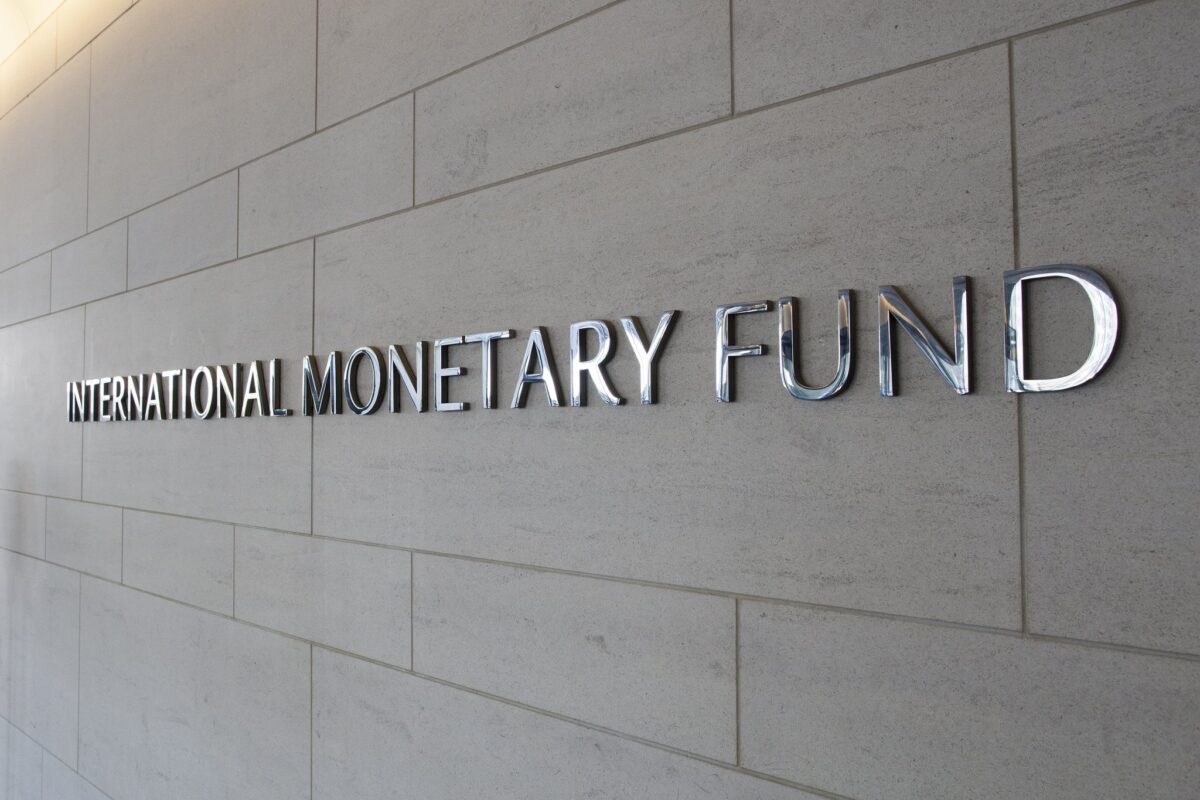
Finance sector is crisis resistant
The Financial Stability Council has attested that Liechtenstein’s finance sector has fared comparatively well in the pandemic so far.
The employment market has also maintained stability. However, action needs to be taken as regards the high level of private debt.
Liechtenstein’s finance sector has “fared remarkably well” in the global recession brought about by the coronavirus pandemic, the Ministry for General Government Affairs and Finance reported in a press release. Its statement refers to the positive year-end review provided by the Financial Stability Council (FSC) at its last meeting. The central body for macroprudential supervision in Liechtenstein is composed of representatives from the Ministry and the Financial Market Authority Liechtenstein.
According to the FSC, the domestic financial sector benefited from “above-average capital and liquidity reserves” in the crisis. The stability of the employment market was “largely maintained” through fiscal measures from the government, in particular. Given the continued uncertainty and the lag in second-round effects having an impact, the FSC intends to monitor the quality of assets and the ratio of non-performing loans over the next year. The ratio for countercyclical capital buffers will initially remain unchanged at 0 percent, as the FSC writes in the press release.
However, the macroprudential supervisory body states that action needs to be taken as regards the high level of private debt. This is reportedly a “structural systemic risk in Liechtenstein in the medium term”. The FSC has therefore recommended the FMA collected detailed data on the property and mortgage markets.





